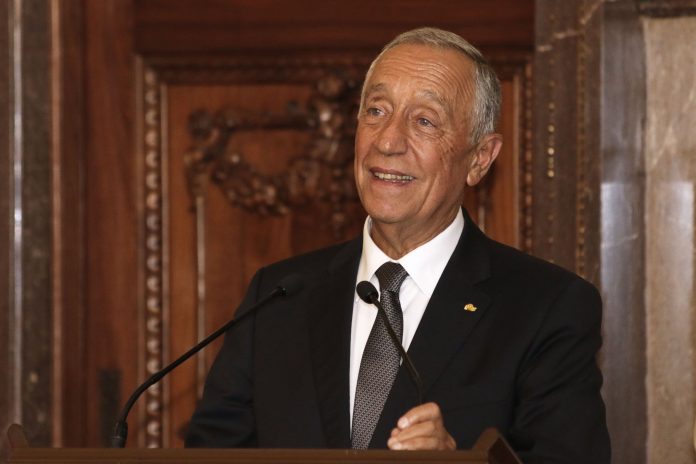Marcelo Rebelo de Sousa, the Portuguese President of the Republic, has announced his decision on Thursday to dissolve Parliament and schedule anticipated elections for March.
After a four-hour meeting with the State Council, due to the resignation of the Prime Minister, the Portuguese President of the Republic chose to dissolve the Parliament and schedule anticipated elections.
As it is now known worldwide, for the first time in the history of Portuguese democracy, because of the actions of third parties, the Portuguese Prime Minister will be subject to an autonomous investigation performed by the Supreme Court of Justice.
As a consequence, due to the degree of seriousness of the investigation and the elevation of the office in question, the Prime Minister presented his resignation. Such action was praised by the President itself, and by the majority of the population. With it, Prime Minister António Costa was able to maintain, and maybe even increase his political capital.
According to the Portuguese Constitution, the resignation of the Prime Minister leads to the dissolution of the Government, and the decision on what to do next rests with the President of the Republic.
There were two options. Marcelo Rebelo de Sousa could either maintain the composition of the Parliament and invite the ruling party to form a new Government, or he could choose to dissolve the Parliament and schedule anticipated elections.
Despite the tie in the State Council’s voting during the meeting, with 8 votes in favor of each option, the President decided to go for the latter. Marcelo Rebelo de Sousa will dissolve the Parliament and schedule anticipated elections.
Notwithstanding, even though the President has already accepted the resignation of the Prime Minister, that decision will only be formalized at the beginning of December. So as the dissolution of the Parliament and the scheduling of the elections.
According to the President’s speech, such actions can only take place after the approval of the 2024 State Budget. This, according to his words, will help guarantee the necessary degree of social and economic stability.
Note that, if the actions were to come into effect immediately, the State Budget could not be approved, and most of the measures that were proposed would not move forward. This, according to the President, cannot happen.
In the meantime, António Costa will hold his position and perform all the duties required for what needs to happen now, and what will happen next.
It is important to consider that the current Government, the one that fell, resulted from a dissolution of the Parliament decreed by Marcelo Rebelo de Sousa at the beginning of his second Presidential term, after the failure of the 2022 State Budget Proposal. Given the scenario, in 2022, the President chose to give the power to the people.
Now, he chose to do that again. In his words “giving the floor back to the people is the strength of democracy”. Marcelo Rebelo de Sousa believes that the Portuguese, given the opportunity, will be able to choose a Government that will guarantee stability, and social, economic, and cultural progress, in liberty, pluralism, and democracy.
The anticipated legislative elections mandated by the President will be scheduled for the 10th of March 2024, well over two years ahead of schedule.


